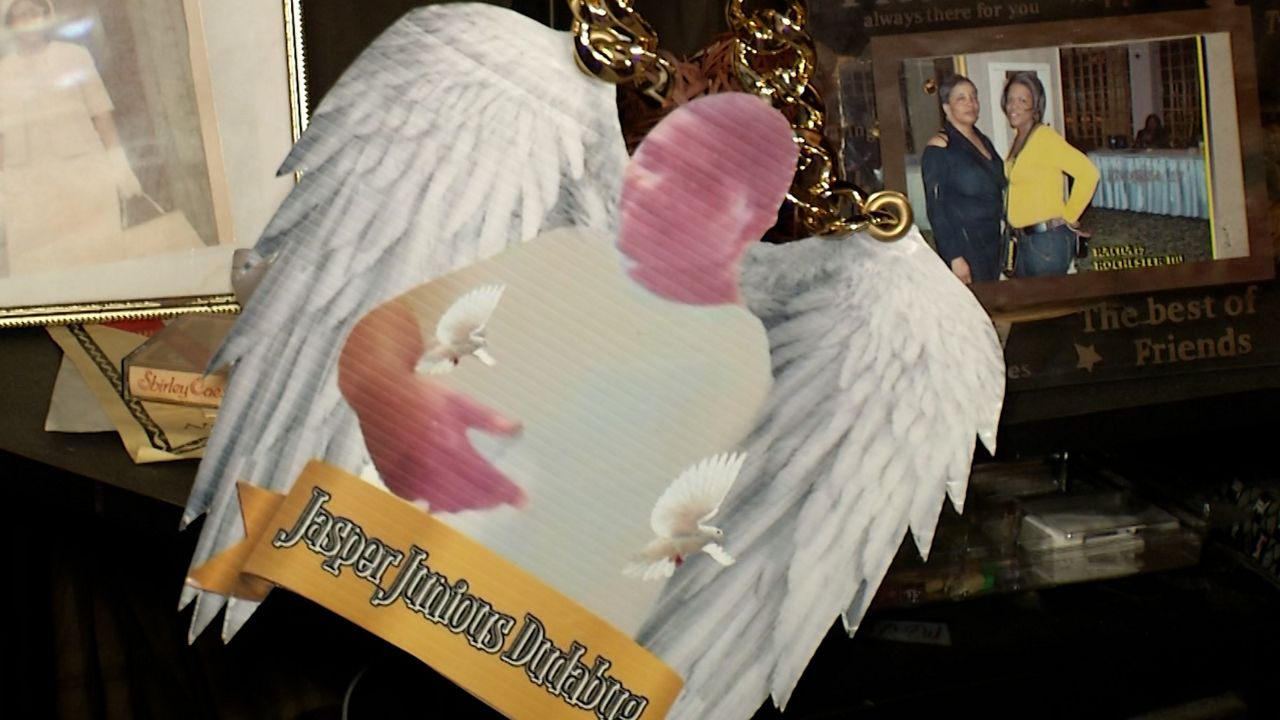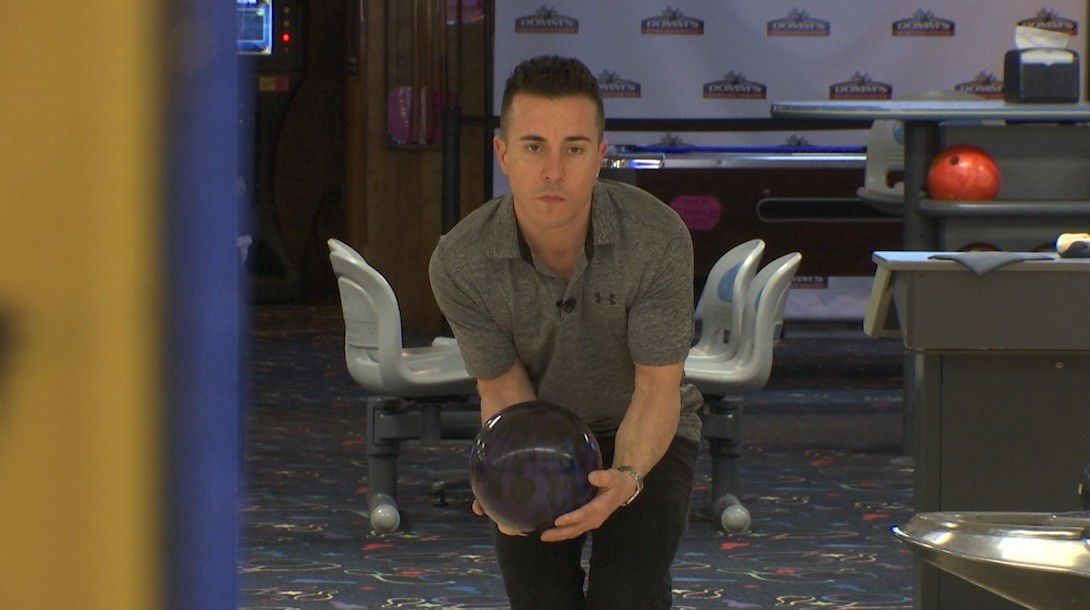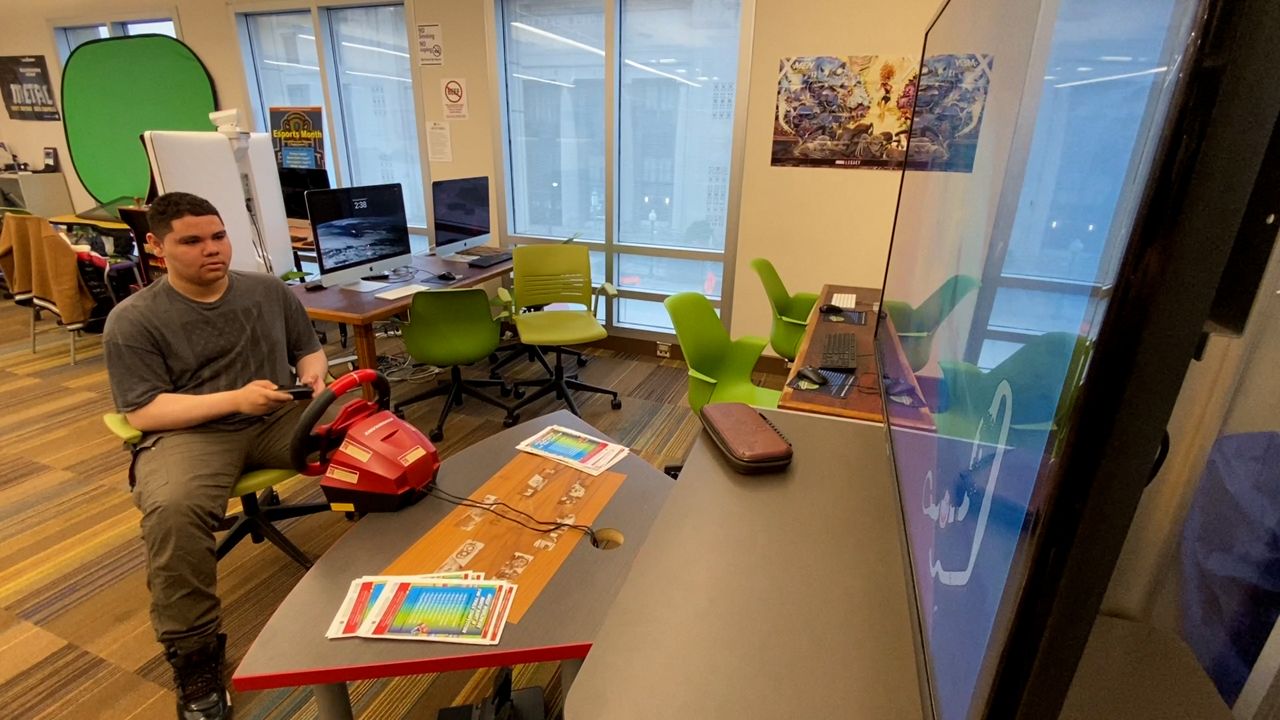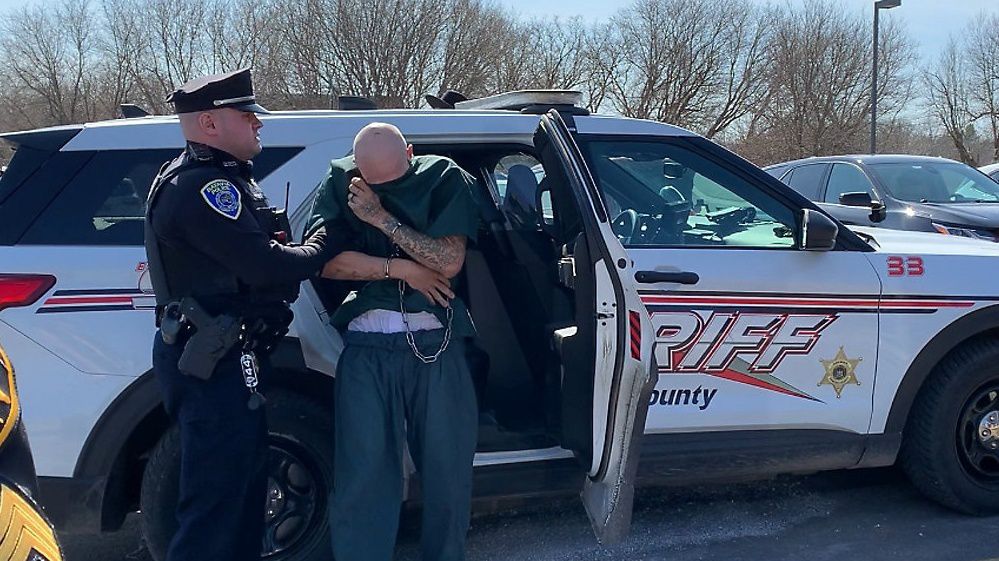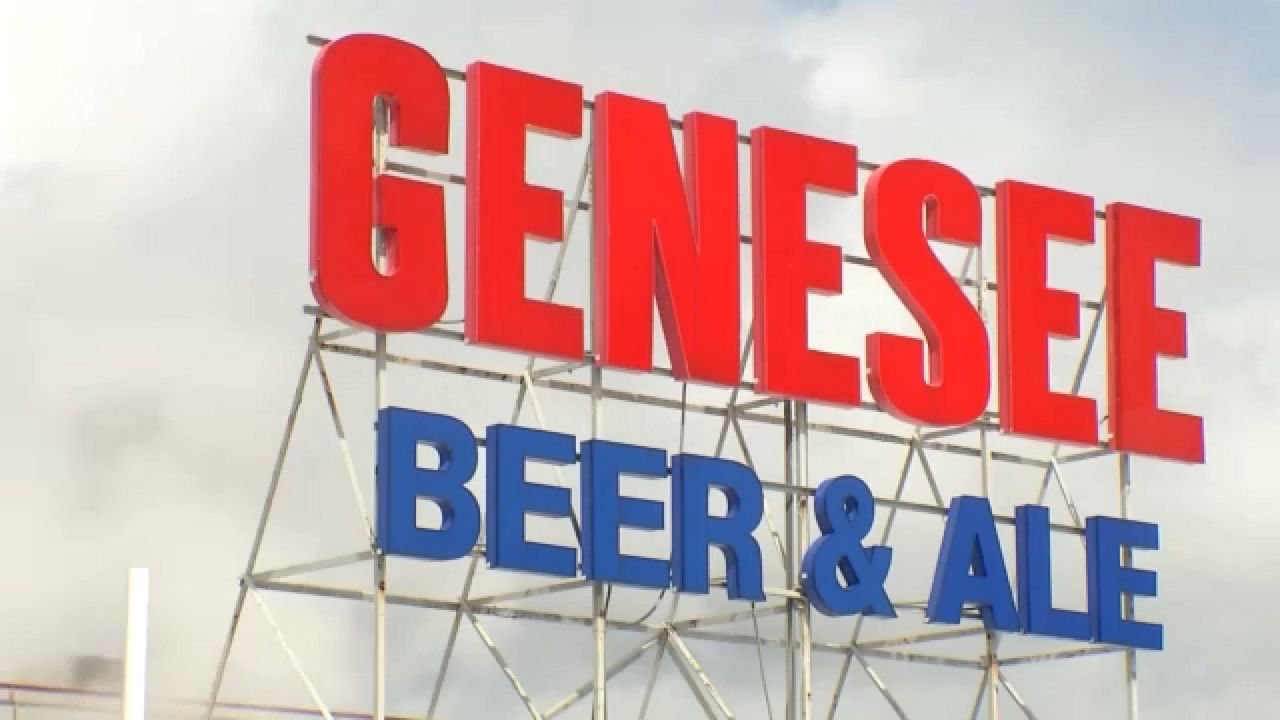ROCHESTER, N.Y. — As the Trump administration continues to make plans to begin its work on Jan. 20, there is an effort by some organizations, politicians and others to protect families they say are at risk of being deported.
This follows promises the president-elect has made about mass deportations specifically aimed at criminals.
“We are not all criminals. We came here to work. We came here to have better lives,” said a young woman who does not want to be identified. She spent most of her life in the U.S.
“I was born in Mexico,” she stated, having lived in the United States since she was a little girl.
“I am an undocumented immigrant," she added.
The woman is a high school and college graduate in the U.S.
“My parents are undocumented," she said.
Right now, she says she is terrified.
“It's actually scary to talk about," she said. "It's frightening because we don't know what to expect.”
She says she doesn’t know what to expect from the new administration when President-elect Trump promises to make changes and deport illegal immigrants, particularly those who are criminals. But for many the lines are blurred as to how far and how fast the deportations will take place.
“Unfortunately, there is people that come in and break the law, and that ruins it for the rest of us," she said. "But I can guarantee you that most undocumented immigrants are more careful than U.S. citizens because they don't want to have any issues."
“People are very afraid,” said Meghan Maloney de Zaldivar, who represents one of the organizations trying to help migrants and immigrants prepare for potential changes.
Maloney de Zaldivar is the senior director of advocacy for the New York Immigration Coalition.
“So that's one of the biggest concerns is how much people will be pushed back into the shadows and the consequences on their own livelihoods, their health, their work, as well as our communities as a whole," she said.
The concerns flared with the election of Trump, but his nominee to lead Immigration and Customs Enforcement (ICE), Tom Homan, fanned the flames.
“We see that Homan has demonstrated that he's willing to put cruelty, and sowing fear into communities above the existing laws in this country.” Maloney de Zaldivar said.
“We don't do roundups or sweeps,” said ICE Field Office Director out of Buffalo Thomas Brophy.
He says ICE is there to enforce laws.
“I don't think you have to worry much about how ICE is going to be operating in the near future," Brophy said.
But Brophy does hope there will be change coming that he says could help the job of ICE investigators.
“What we do [that] kind of makes it a little bit more difficult for us is the implementation of sanctuary policies and people not being cooperative with our agency due to political views or whatever," Brophy said. "That's unfortunate. That's present, especially in our state. Seeing that that's where 9/11 happened, just downstate, right? And now, the government in the state has enacted sanctuary policies and bail reform [and] the green light bond, which makes our job very, very difficult.”
“It's frightening because you might be saying bye to a family member that morning or that night that you see them, and then you don't realize that that might be the last time you're saying goodbye,” said the woman.






